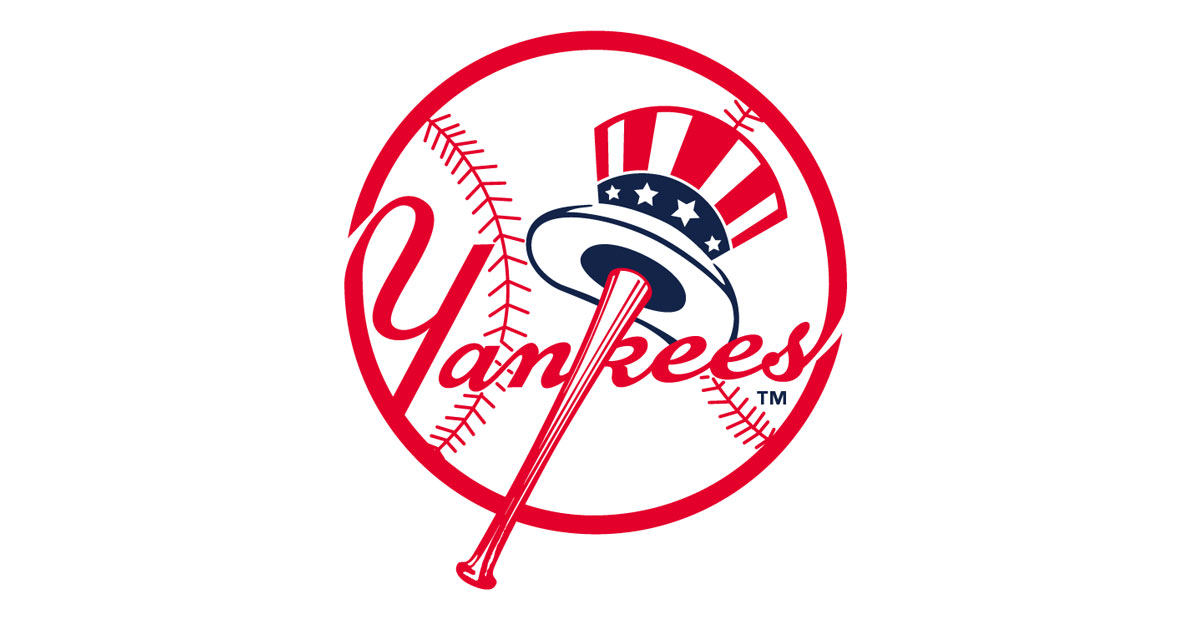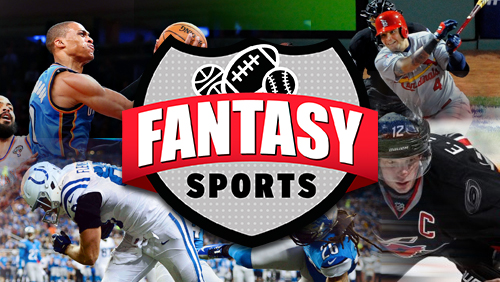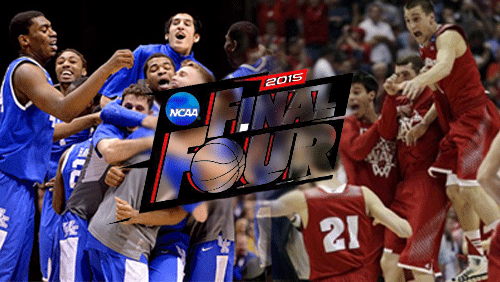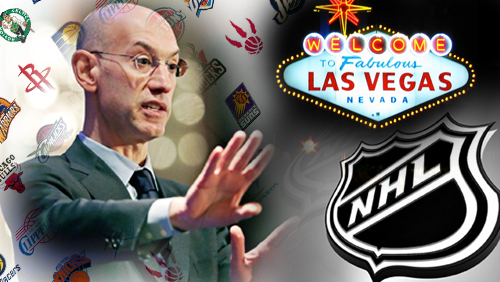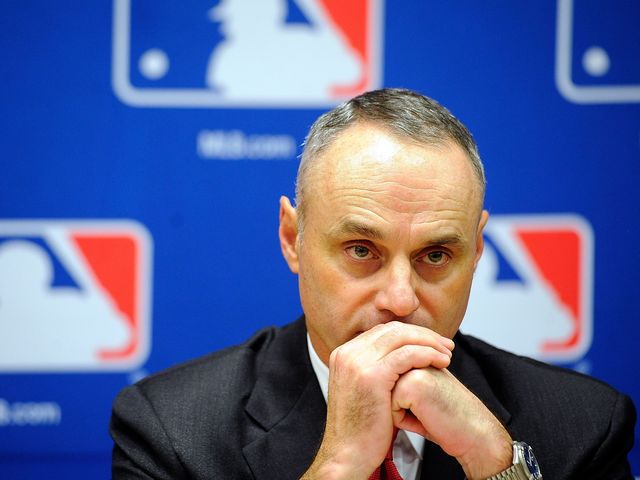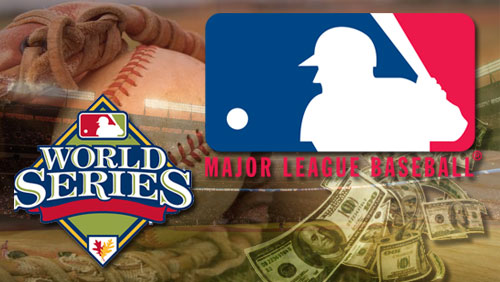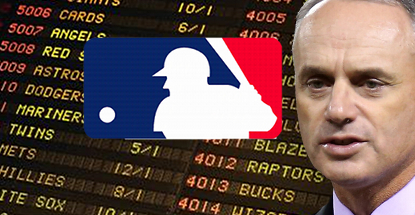Fantasy Betting Has Long Been Part of the Scene – Just ask Mets and Yankee fans
By TERRY LYONS, Contributing Columnist
@terrylyons @The Daily Payoff
The intersection of sports gambling and fantasy sports has been a key crossroad of the American sports scene long before the daily fantasy providers were sinking millions into a constant stream of radio and television ads.
While betting on the outcome of games, usually on a money line, might’ve put former Cincinnati Reds great Pete Rose in a predicament, the average baseball fan has long enjoyed the thrill of predicting the future. Whether handicapping the pitching duel or wagering ridiculously on the very next pitch being a ball or strike, the experience has captivated the fans.
As the current climate continues to change, quicker than the ice melts in Antartica, the leading sports executives are recognizing the change and see the business opportunity on the horizon. But they would only have to look back to the summers of ’74 and ’75 in Queens County, New York to have seen the future.
While the New York Yankees and New York Mets were each playing mediocre baseball, teetering around .500, fans at Shea Stadium were treated to games nearly every night as the Yankees were relocated across the East River when The City of New York renovated Yankee Stadium for two seasons. The Mets’ roster featured Cy Young award winner Tom Seaver, who went 22-9 in ’75 when his club finished 82-80 and 10 games back of the “We Are Family” Pittsburgh Pirates, and the Yanks’ roster included the core of eventual ’77 and ’78 World Series championship teams. Yet the opportunity for a baseball fan that summer was simply the ease of getting great seats at prices that were next to nothing, especially for the displaced Bronx Bombers.
It was the perfect summer for high school buddies to head out to Shea, grab box seats for $5 apiece and play a game we simply called, “Pass the Hat.” We knew it was probably illegal but a harmless form of wagering.
Little did we know, it was an early form of fantasy baseball that kept us fully engaged each and every at bat.
The rules were simple. The game worked best when you had at least four participants, great when you had six or eight. To start, someone would take off their baseball cap and everybody would “ante up” a buck by tossing it into the cap. Batter up and the person holding the hat was eligible to collect the loot if a player got a hit when you were holding it. If the batter made out, you were obligated to toss in another $1 buck and pass the hat to your buddy seated next to you. If a player walked, you passed the hat free of charge, so, in our game, a walk was not as good as a hit. One caveat was the luck of holding the hat when a home run was hit. In that case, not only did you collect the money in the hat, but everyone participating was required to toss another dollar at the lucky winner, and then ante up again before the next batter.
As the years went by, we entertained ourselves with some other variations of our game, including an end-of-inning wonderkind called, “Grass-Mound-or-Other,” which required you to guess where the ball would end up after an inning ending out. After the final out, say a fly ball to left field, we eagerly watched the left fielder jogging towards his dugout to see if he would roll the ball to the pitchers mound and whether it would rest on the dirt hill (3-1 odds) or just off the edge and on the infield grass (even money). If the ball were tossed to a fan in the stands or carried into the dugout, all bets were off unless you had previously designated “other” which would get even money. There were many a times we had to stand on our infield box seats to get the proper angle on a ball tossed over the mound and nearly out-of-sight. It was glorious way to pass the time and highly intriguing, with the proof always shown through the fact neighboring fans would want to “get into” the game.
Surely there are hundreds of other New Yorkers with similar stories and different variations of the games they played at the ball field, and tons of examples of how soccer fans at Arsenal or dozens of other European Premier League clubs can wager on the first goal, the next goal or some other occurrence whether it involved the outcome of the game or just the next statistical transaction.
To date in the North American sports world, no league or venue has been permitted to get into the action because of federal laws. The recent influx of daily fantasy sports (DFS) is the first hint of gaming activity on an “official” basis, as Major League Baseball, via its digital media arm, MLB Advanced Media, has partnered with Draft Kings on an official sponsorship package.
That package consists mostly of touting their “experiential” offerings for tickets and other game enhancements or hospitality and trips.
The NBA partnered with Fan Duel, taking an equity position. However, the DFS offerings, to date, have only been salary cap-style games. The site infrastructures of either Fan Duel or Draft Kings have not been altered to allow in-game adjustments to line-ups or other such variations, such as predicting fantasy stats in an “At Bat” or single inning.
NBA Commissioner Adam Silver has boldly stated his viewpoint to potentially legalize sports gambling and take it away from the off-shore web sites or back-room bookies and into the open. His counterparts in charge of other major sports leagues have not been so forthcoming, especially the NFL and MLB which both seem to be burying their heads in the sand while Silver steps up, communicating transparently by way of his breath-of-fresh-air op-ed piece written in The New York Times last November 13th. http://www.nytimes.com/2014/11/14/opinion/nba-commissioner-adam-silver-legalize-sports-betting.html?_r=0
Wrote Silver in the NYT, “Betting on professional sports is currently illegal in most of the United States outside of Nevada. I believe we need a different approach,” noting the massive amounts of money wagered through “illicit bookmaking operations” or “shady offshore websites,” as he noted the popularity of sports gambling in the international world that is so much a part of the NBA’s global business plans.
In closing, Silver wrote under his by-line, “I believe that sports betting should be brought out of the underground and into the sunlight where it can be appropriately monitored and regulated.”
But what wasn’t a major statement in Silver’s op-ed or yet recognized by the powers-that-be in any of the North American major sports, is the fact more lenient federal and state laws on gaming and fantasy sports will bring about more engagement with the fans.
“It can keep people much more engaged at so many different points in a game,” said Joe Favorito, the Director of Industry Relations and a faculty member at Columbia University’s sports management program. “If a baseball game score is one-sided, you might stay for the entire game,” he said while noting the payoffs for “In-game” wagering/entertainment might be a coupon for a free hot dog in the eighth inning or a promotion to get more 20-somethings to attend a different game, later in the season.
So while the wager doesn’t have to be about money, the bottom line for a sports team, league or venue should now be to use newfound, hand-held “app-crazy” technology and obvious widespread acceptance of gaming, to offer-up another form of in-game entertainment and keep the fans happy. Traditionalists might scoff at the idea, but they don’t have to play, just the way some sports fans go out to the races just to see the horses run or intelligent readers buy Playboy for the articles.
Personally, I’d like to see a much more transparent viewpoint come from the Park Avenue hallways of both Major League Baseball and the National Football League, as those two sports have the most to gain. But, until then, I’ll head out to Yankee Stadium or the new Shea (they call it CitiField), with my old buddies, my baseball cap and $20 or $30 in singles.

